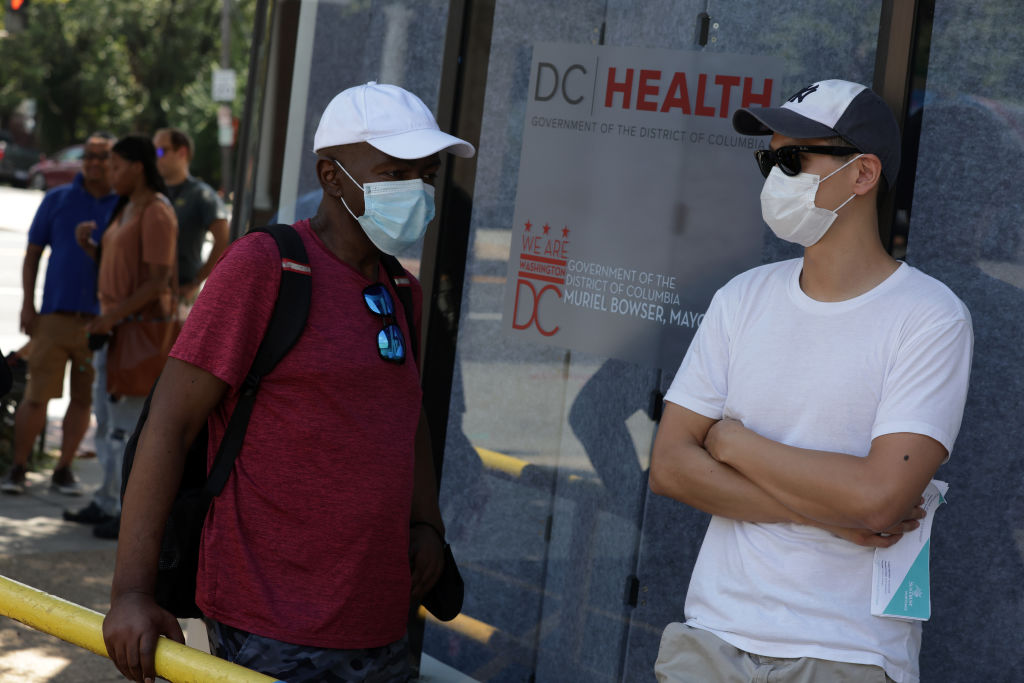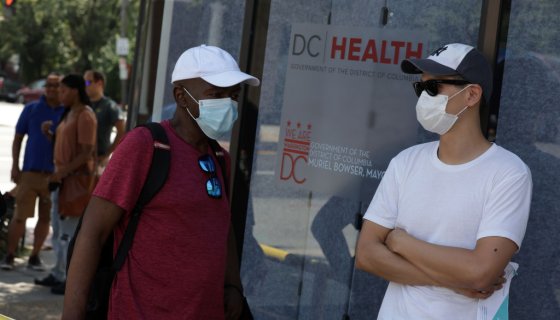
Source: Alex Wong / Getty
As the number of monkeypox cases has risen in the United States, the federal government has seen enough to declare it a public health emergency.
On Thursday (August 4th), the Biden administration declared that the monkeypox outbreak was a significant enough risk to Americans to declare a public health emergency. The declaration by Health Secretary Xavier Becerra makes it the fifth time it has been used since 2001, and it allows federal agencies the power to expeditiously direct money towards evaluating and developing drugs and vaccines. The declaration also releases emergency funding and allows for the hiring of additional workers.
“We’re prepared to take our response to the next level,” Secretary Becerra said during the briefing held at the White House. “We urge every American to take monkeypox seriously and to take responsibility to help tackle this virus.” Several cities and states, including New York City, California, and Illinois – regions that have the highest amount of monkeypox cases to date – have already announced their own public health emergency declarations. There are more than 6,600 monkeypox infections that have been reported nationwide, with Montana and Wyoming as the only states that have no reported cases as of yet. The “vast majority” of cases to date have been reported among men who have reported having sex with other men, prompting the World Health Organization to issue advisories for that community to exercise caution in their press conference declaring monkeypox a global health emergency last week via Twitter.
Observers and researchers have hopes that the declaration will address issues that have arisen since the outbreak began in May, including the lack of available vaccines and testing. HHS officials said during the press briefing that they had acquired 6.9 million doses of the Jynneos monkeypox vaccine. Food and Drug Administration commissioner Dr. Robert Califf said the agency was exploring different strategies to expand the number of available doses to help further protect the population. “It’s important to note that overall safety and efficacy profile will not be sacrificed for this approach.”, he said in an interview with the New York Times.

